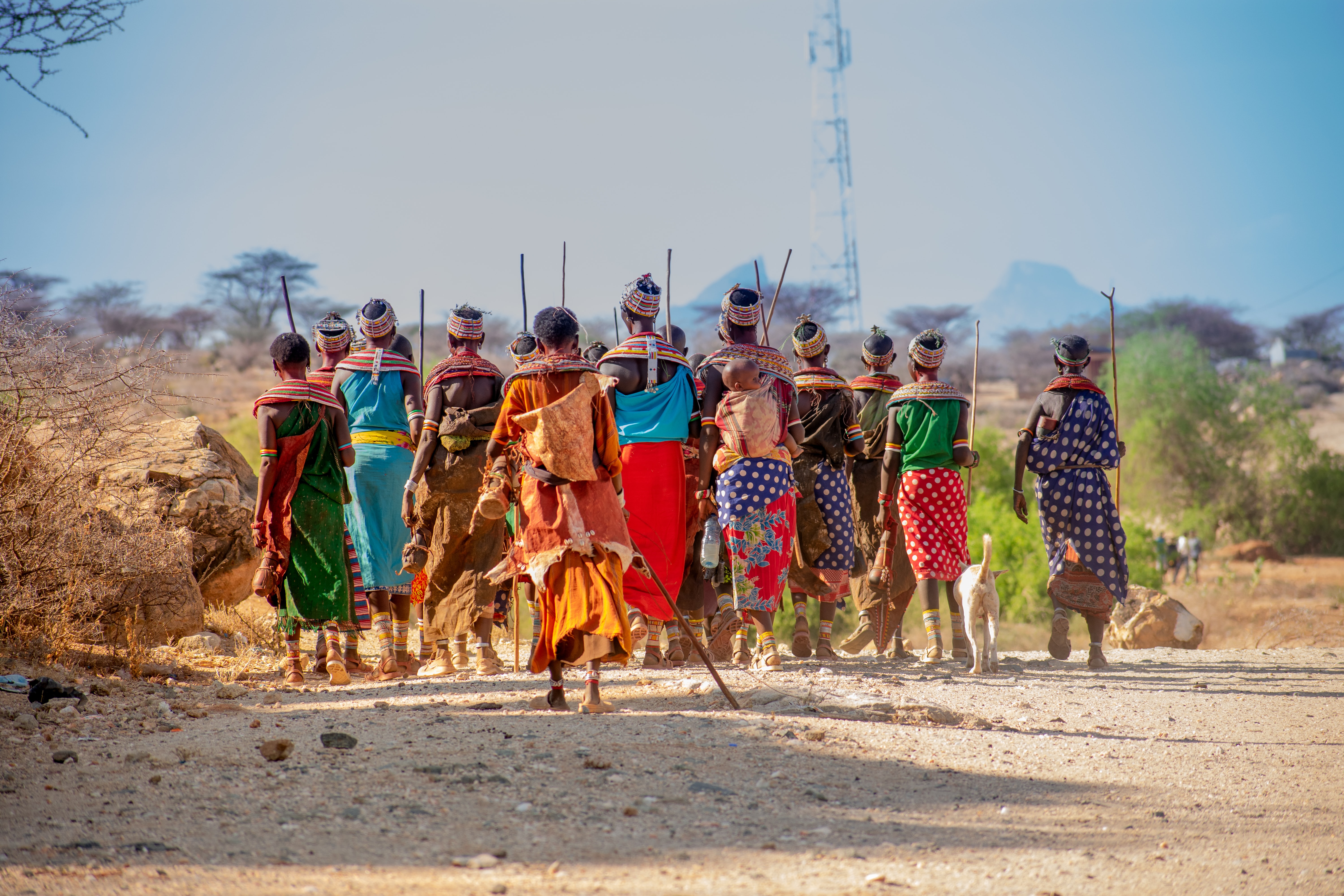@ Photo by Ken kahiri on Unsplash
Huddled in the dedicated interaction space at the UNDP Pavilion at COP 27, our team participated in an event to discuss harnessing carbon markets with other African women leaders. The conversation unfolded alongside other important dialogues in nearby pavilions, with Indigenous peoples and civil society groups, crisscrossing the zones, making known their discontent with respect to inequity and the frustratingly slow pace of action to get to 1.5 degrees Celsius.
Our moderator, Leticia Guimaraes, Senior Global Policy Advisor with UNDP, introduced Ahunna Eziakonwa, UNDP Under Secretary General. Bringing gravitas and grace, Ahunna started the conversation by getting straight to the point: ‘’If we do not focus on the contribution of women in this fight, we shall loose the battle. Putting women at the forefront of decision-making processes is what is going to do it for a decarbonized world.’’
Many African countries are in the process of understanding how to weigh the opportunities afforded by carbon markets, with the broader aim of financing and fulfilling their national determined contributions (NDCs). Carbon markets, which have quadrupled in transaction value in the last two years, can support climate change mitigation by creating economic incentives to reduce emissions while supporting a transition towards a low carbon, climate resilient global economy.
Margeret Mwebesa, Commissioner for Uganda’s Ministry of Water and Environment, provided an update on her country’s progress with operationalizing Art 9 in Uganda’s Climate Change Act. A multi-sectoral taskforce has been established to assess and implement a strategy with respect to carbon markets and implementation of the NDCs. ‘’Every day, I get a request to join the taskforce, the first of its kind, with expertise in finance, green bonds and a number of ways to channel resources to implement on NDCs. Uganda has high hopes for action to take place. Indeed, we even have the participation of our Central Bank, the Bank of Uganda.’’
Roselyn Adjei Fosuah shared Ghana’s approach, the country’s gender road map and the deliberate efforts being made to build the capacity of women stakeholders. She described Ghana’s REDD+ journey in the cocoa landscape and the jurisdictional approach of its REDD+ strategy based on ecozones. With the Carbon Fund remitting Ghana’s first Results-based Payment, Ghana is well placed to advance with its approaches and to apply for the REDD+ Environmental Excellence Standard to verify reductions. Furthermore, REDD+ strategy implementation is underway with another Programme in the Northern Savannah Zone with UNDP and the Global Shea Alliance. The process with the Carbon Fund generated many lessons with respect to the benefit-sharing arrangement, a key achievement. Essential to the process has been establishing an understanding of what stakeholders want and engaging meaningfully with local communities who are supportive of jurisdictional approaches.
Climate focus consultant, Nsikan-George Emana, discussed how women and gender concerns are represented in the implementation of the NDCs and the need for rapid, targeted capacity building, through the lens of her experience with the West African Alliance on carbon market and climate finance.
Mirey Atallah, Head of UNEP’s Climate for Nature branch and our UN-REDD Programme partner, emphasized the importance of determining the true costs of achieving emissions reductions by supplier countries, particularly with regards to choices by supplier countries on pricing, sector and activities. Mirey clearly communicated the need to push for equity and access to markets without excluding countries. She stressed the need for developed countries to channel Results-based Payments to developing countries without continuously changing the rules of the game, creating new rules or raising the bar on various mechanisms to access to climate finance, as this is currently eroding trust.
In order to bridge the divide between finance and African countries’ aspirations, countries need to demonstrate the value of Nature-based Solutions, put together strategies to unlock various streams of finance and clarify the jargon in the macro-economic policy environment.
Concluding the session, Ahunna Eziakonwa emphasized that trust must be the basis for harnessing carbon markets in Africa and that the role of women in decision-making circles is key to bringing a human face to decarbonization and to successfully negotiating the future.




